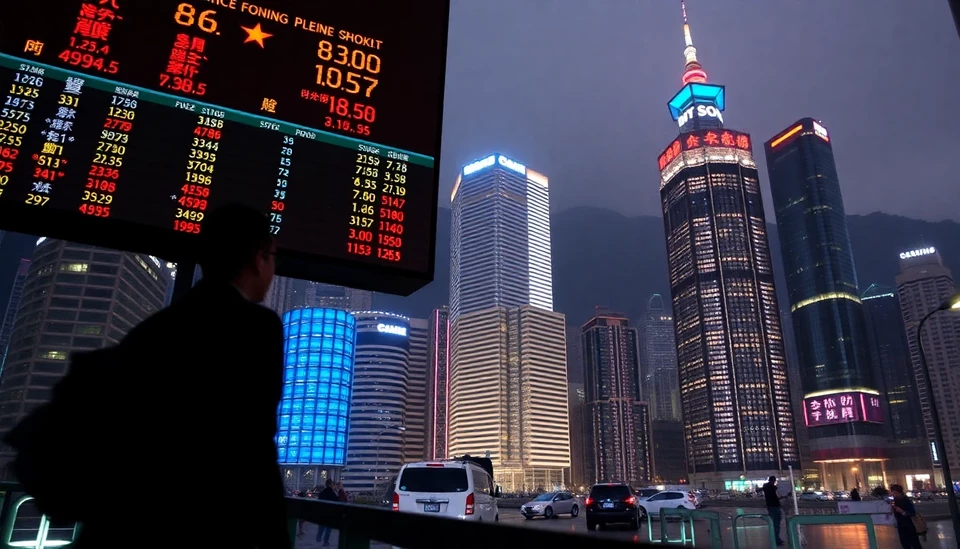
The Hong Kong government has taken significant legal action by appealing a recent court ruling that halted plans for a contentious housing development on the city’s private golf course. This decision has sparked widespread debate over the pressing housing crisis in Hong Kong.
In a bid to address one of the world's most serious housing shortages, the government proposed transforming a portion of the Hong Kong Golf Club in Fanling into residential properties. However, the local community and environmental advocates raised concerns about the potential loss of green space and the implications for the region’s ecosystem. Their voices culminated in a legal challenge that resulted in the court siding against the government's initiative.
The court's ruling, which emphasized the need to protect limited green spaces and the environmental impact of such developments, has resulted in significant ramifications for housing policy in the densely populated city. Activists hailed the decision as a victory for community interests, while government officials expressed frustration, citing the urgent need for new housing solutions to accommodate a growing population.
In response to the judicial setback, the government has announced its intention to file an appeal, indicating a determination to push through with its development plans. Officials argue that the projected residential units are vital for easing the housing crisis that has plagued the region and contributed to the rising costs of living.
This conflict highlights the broader struggle in Hong Kong between developmental ambitions and ecological preservation, a battle that is becoming increasingly prominent as urbanization intensifies. The government’s appeal will be critical in determining not only the fate of the golf course but also future housing policies in a city facing intense population pressures.
The outcry from various stakeholders presents a complex challenge for the government, which must balance urgent housing needs with the demands of environmental protection. The results of this appeal could set a significant precedent for future developments across Hong Kong, influencing how the city manages its limited land resources amidst growing public scrutiny.
As the appeal process unfolds, all eyes will be on the outcome and the underlying implications for the city’s housing policies and its commitment to sustainable development. Stakeholders and residents remain keenly interested in how this legal challenge will shape the future landscape of Hong Kong.
In the interim, local groups continue to mobilize, highlighting the community's concern over green space preservation in the face of escalating urban development. This ongoing dialogue illustrates the complex interplay between growth, sustainability, and the quality of life for Hong Kong’s residents.
As 2024 approaches, the stakes are higher than ever for those advocating for both housing reforms and environmental conservation within one of the world's most competitive real estate markets.
#HongKong #HousingCrisis #EnvironmentalAwareness #UrbanDevelopment #CourtRuling #GolfCourseHousing
Author: Samuel Brooks




